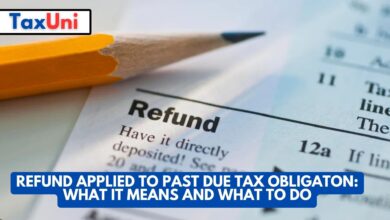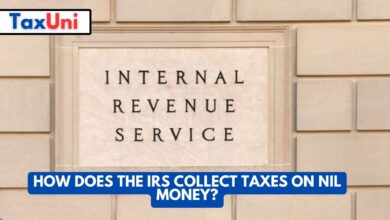How Lottery Winnings Are Taxed?
This article explains how lottery winnings are classified as taxable income, the withholding requirements at the time of payout, and the potential for additional taxes based on the winner's overall income level.

Winning the lottery can be a life-changing event, but it also comes with significant tax obligations that winners must navigate. When you win a lottery prize, whether it’s a small amount or a life-altering jackpot, it’s essential to understand how these winnings will be taxed. Lottery winnings are considered taxable income by the Internal Revenue Service (IRS) and most state governments, which means that winners must report their earnings on their tax returns. The initial excitement of winning can quickly turn into confusion when it comes to understanding how much of that windfall will actually be theirs after taxes are taken into account. The IRS requires lottery agencies to withhold a portion of winnings for federal taxes before the money is even handed over to the winner. This withholding is typically set at 24% for winnings over $5,000, but depending on your overall income for the year, this may not cover your total tax liability. Additionally, state taxes may apply, further complicating the financial picture for lottery winners.
Federal Tax Implications
At the federal level, all lottery winnings are subject to income tax. If you choose to receive your winnings as a lump sum, you will likely find yourself in a higher tax bracket, potentially facing an effective tax rate of up to 37% depending on the size of your prize and your other sources of income. The IRS mandates that 24% of your winnings be withheld upon distribution for federal taxes; however, if this amount does not cover your total tax liability when you file your annual return, you may owe additional taxes. For example, if you win $1 million and opt for a lump sum payout, after the initial withholding, you might still owe more at tax time if your total taxable income places you in a higher bracket.

State Tax Considerations
State taxation on lottery winnings varies significantly across the United States. While some states impose their own taxes on lottery winnings—ranging from around 5% to over 10%—others do not charge any state income tax at all. States like California and Florida do not tax lottery winnings, while others like New York can withhold approximately 10.9% in state taxes in addition to federal withholdings. If you win a lottery in a different state from where you reside, you may be subject to taxation in both states; however, many states allow residents to claim credits for taxes paid to another state.
How to Report Lottery Winnings?
When it comes time to report your lottery winnings on your tax return, you’ll need to include all amounts won as “Other Income” on Form 1040. Additionally, if you incurred any costs related to purchasing tickets or other gambling activities, these can be deducted as itemized deductions against your gambling winnings. However, it’s important to note that you can only deduct gambling losses up to the amount of gambling winnings reported.





